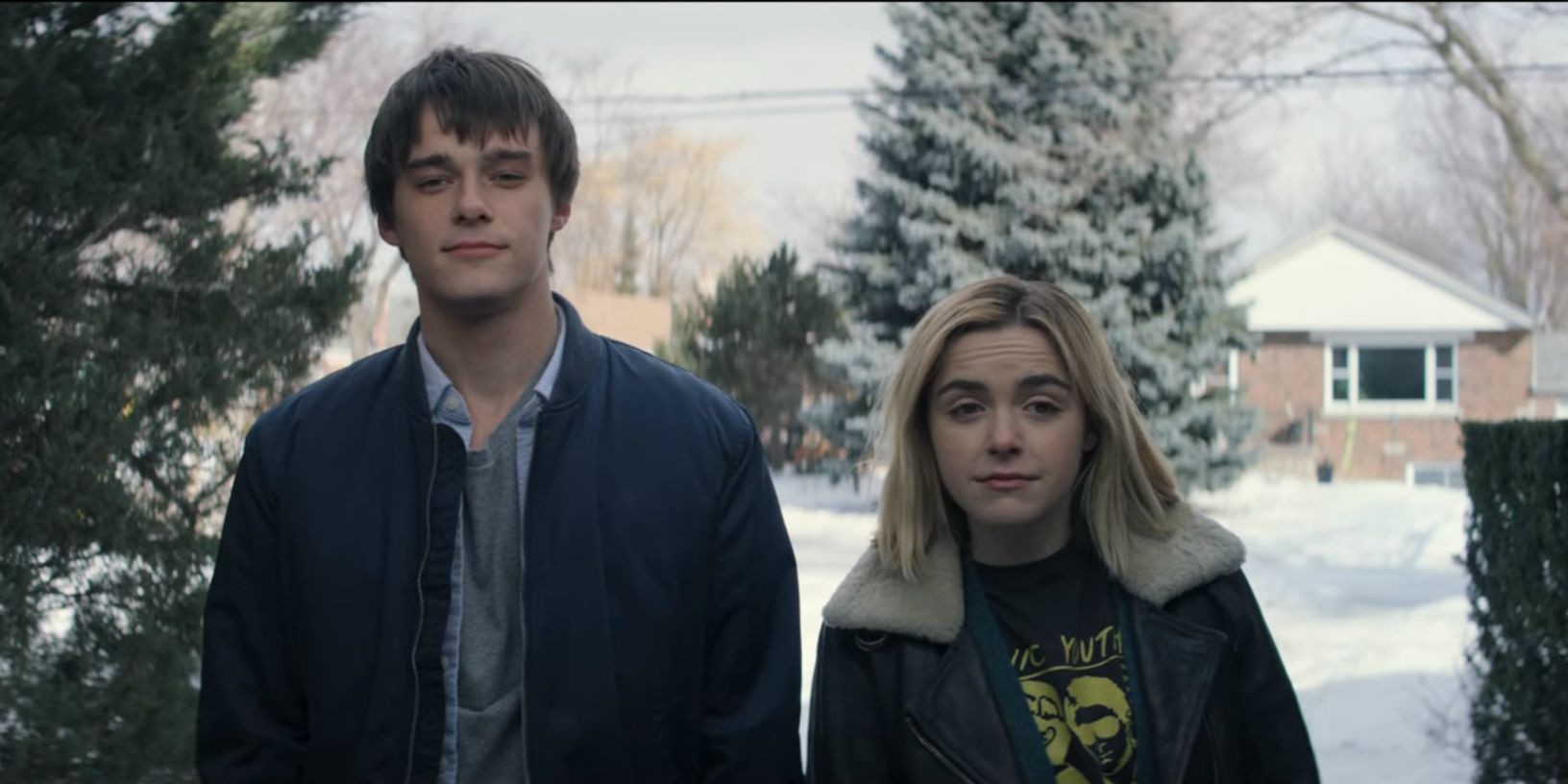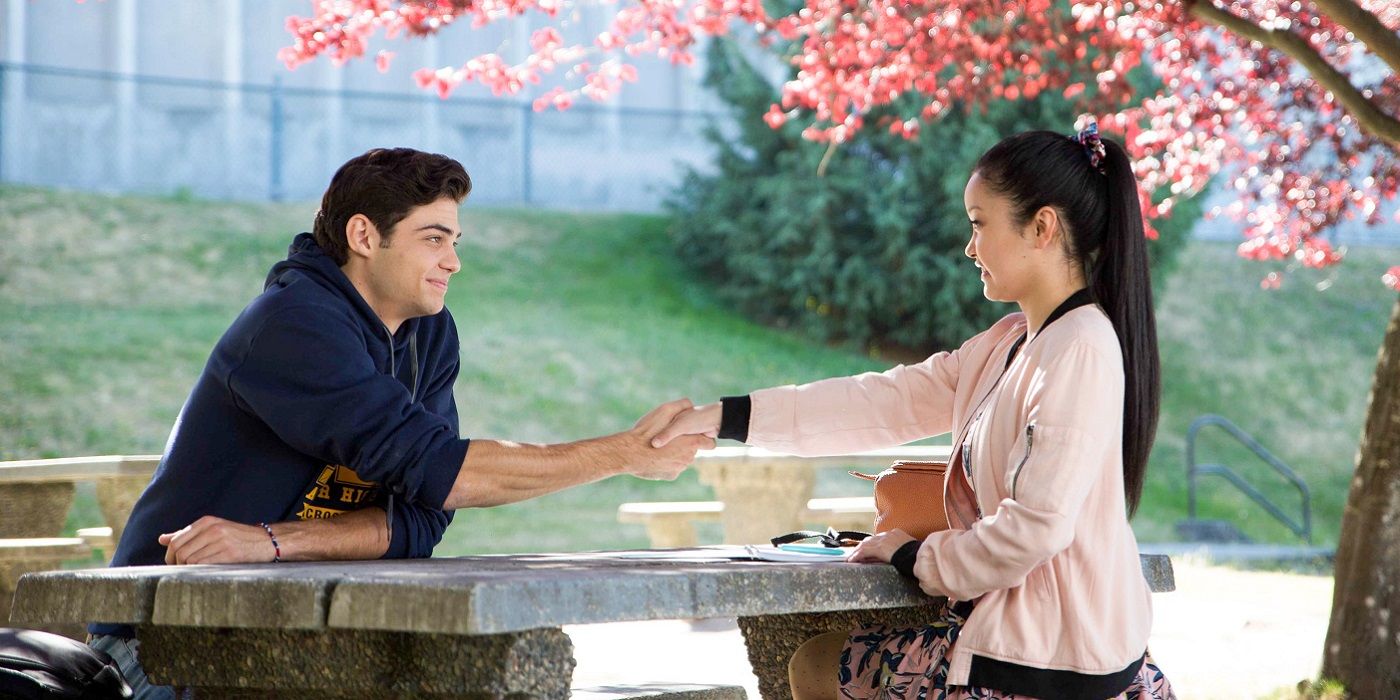Netflix is leading the teen rom-com movie renaissance with a slate of Originals that capture the nostalgia of the genre’s Golden Age (the 80s, 90s and early 00s) and repackage it for a modern audience. They might be adapted from YA novels or Wattpadd favorites and they might follow a central couple or feature several intertwining love stories. Some, such as To All The Boys I’ve Loved Before (one of the best streaming movies of the decade), have achieved cult status already. Others, like Netflix’s latest offering Let It Snow, haven’t been quite so successful.
TATBILB harnesses classic genre tropes like fake dating and the boy next door to tell a story that feels familiar but also fresh. Plus, lead Lara Jean (Lana Condor) is Asian American, something John Hughes, for all his prowess, never managed. Let It Snow, on the other hand, not only fails to breathe new life into an old narrative, it also falls back on the most harmful cliche of all: the best friend turned love interest. It's a tale as old as time. Girl meets boy. Girl becomes best friends with boy. Girl has the audacity to date other boys. Boy shames girl for it, which of course makes girl fall in love with him.
In Let It Snow, the irredeemably bland Tobin (Mithcell Hope) has always had a crush on best friend and ultimate cool girl Angie (Kiernan Shipka). When Tobin learns she's dating college boy JP, he throws a hissy fit, calls her out for being too sensitive and storms off. Cue their romantic reunion five minutes later, when he declares his love by waving huge red flags like "When I saw you with JP I wanted to kill him" and "I just want you to think I'm cool all the time".
Shaming and bullying your best friend into being in a relationship with you isn’t and shouldn’t be portrayed as romantic. And yet, Tobin isn’t the only Netflix teen rom-com lead exhibiting this sort of toxic behaviour. In Tall Girl, Jodi ends up with perpetually sulking best friend Jack. Even The Kissing Booth, who saw protagonist Elle begin a relationship with her best friend’s brother falls into this trap. “The only thing that I had that he didn’t was you,” Lee cries once he finds out about the relationship, reducing Elle to a mere possession rather than a person who should be allowed to make decisions about her own dating life.
For all the good Netflix teen rom-coms do when it comes to representation, perpetuating the idea that the friend zone is a real thing ultimately prevents them from achieving their full potential. Angie, Jodi and Elle don't owe Tobin, Jack and Lee anything. In fact, they deserve better.


